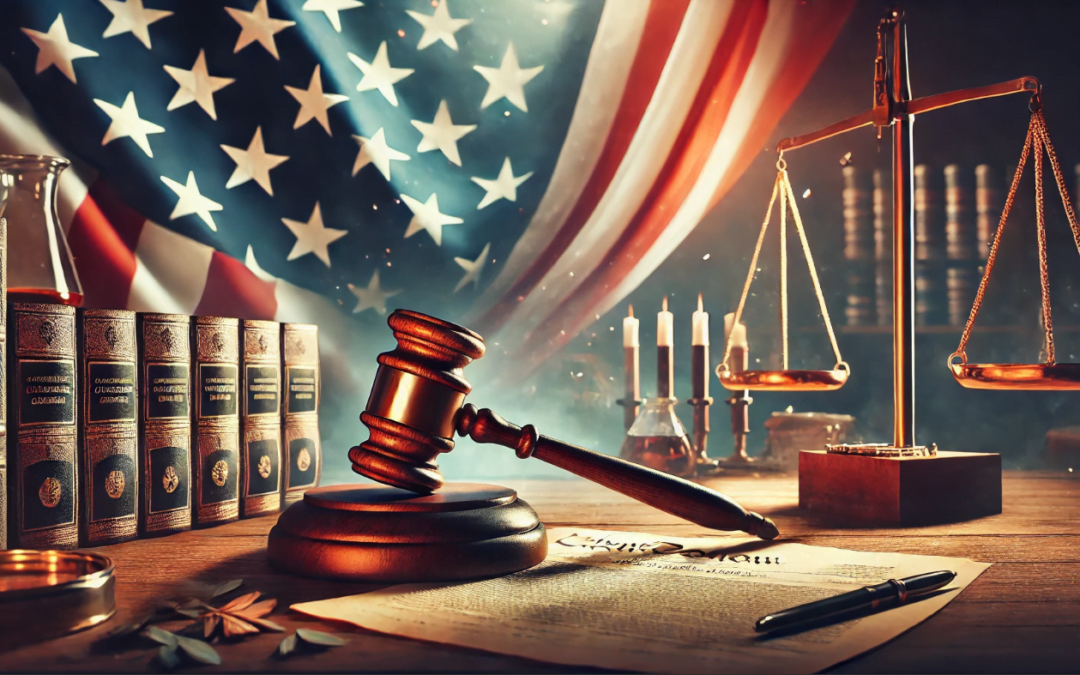As we celebrate Independence Day, our hearts and minds are drawn not only to the joyous festivities but also to the serious contemplations about the state of our democracy. Recent decisions from the highest echelons of judicial authority have sent ripples of concern across the nation, notably the Supreme Court ruling extending the immunity granted to presidents from criminal prosecution for actions taken while in office. This ruling is a stark reminder of the delicate balance between maintaining robust executive power and ensuring no individual stands above the law.
We celebrate Independence Day by honoring the bold actions of our forebears who decisively rejected monarchical rule. They envisioned a nation where power is distributed and checked across various branches of government to prevent the rise of a new tyranny with this separation of powers. Yet, this recent decision by the Supreme Court, as argued by many legal scholars and political thinkers, seems to tip this balance unfavorably towards executive power, drawing unsettling parallels to the unchecked powers of a monarch.
The criticism is sharp and pointed: by equating the ruling to a potential return to monarchical rule, observers evoke the irony of this occurring on the watch of a nation founded on escaping such a regime. The implications of such concentrated power are dire, as they could allow a president to misuse their office without fear of subsequent legal repercussions. This scenario paints a grim picture of a system where checks and balances are eroded and effectively sidelined.
As we celebrate Independence Day, it’s crucial to reflect on the mechanisms that keep our democracy vibrant and alive. The dissenting opinions within the Supreme Court highlight a fracture in perspectives about the essence of democratic governance and the role of accountability in sustaining it. Justice Sonia Sotomayor’s fierce dissent reminds us that the principles enshrined in our Constitution and celebrated each Fourth of July are not merely historical artifacts but living commitments to justice and equity.
Furthermore, the ruling intersects with another troubling trend: the perceived decline in media integrity and political discourse. The pivot of major news outlets towards profitability at the expense of unbiased reporting undermines informed citizenship. This development is particularly concerning in a time when public understanding and engagement are paramount.
As we celebrate Independence Day, let us also ponder the robustness of our democratic structures. Are they resilient enough to withstand the pressures of political partisanship and economic incentives that may not always align with the public good? This question is not rhetorical but a call to action for every American.
On this Independence Day, as fireworks light up the sky, let them illuminate our commitment to safeguarding the democracy that defines us. It’s a time for celebration, certainly, but also for mobilization. We are reminded that the fight for democracy is ongoing, requiring us to participate actively in shaping its future.
Let this Independence Day be a celebration of what we have achieved and a renewal of our dedication to upholding the principles of liberty, accountability, and justice for all. Our democracy is tested, but it remains in our hands to ensure its preservation and vitality.

